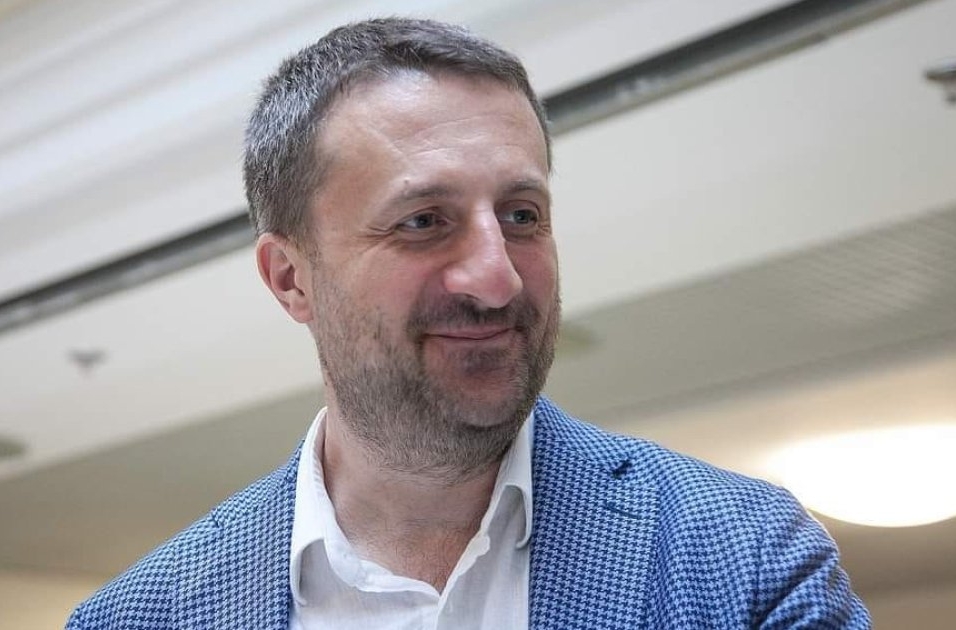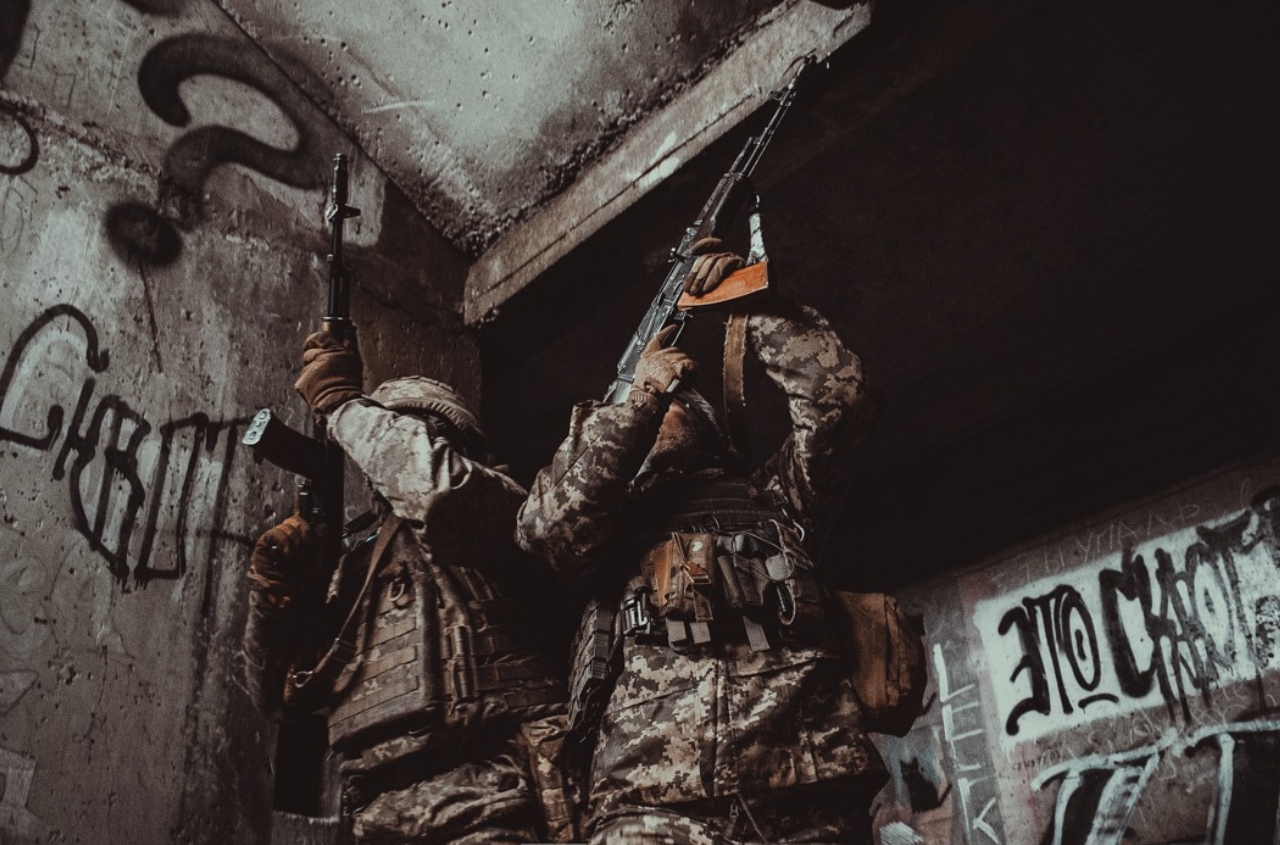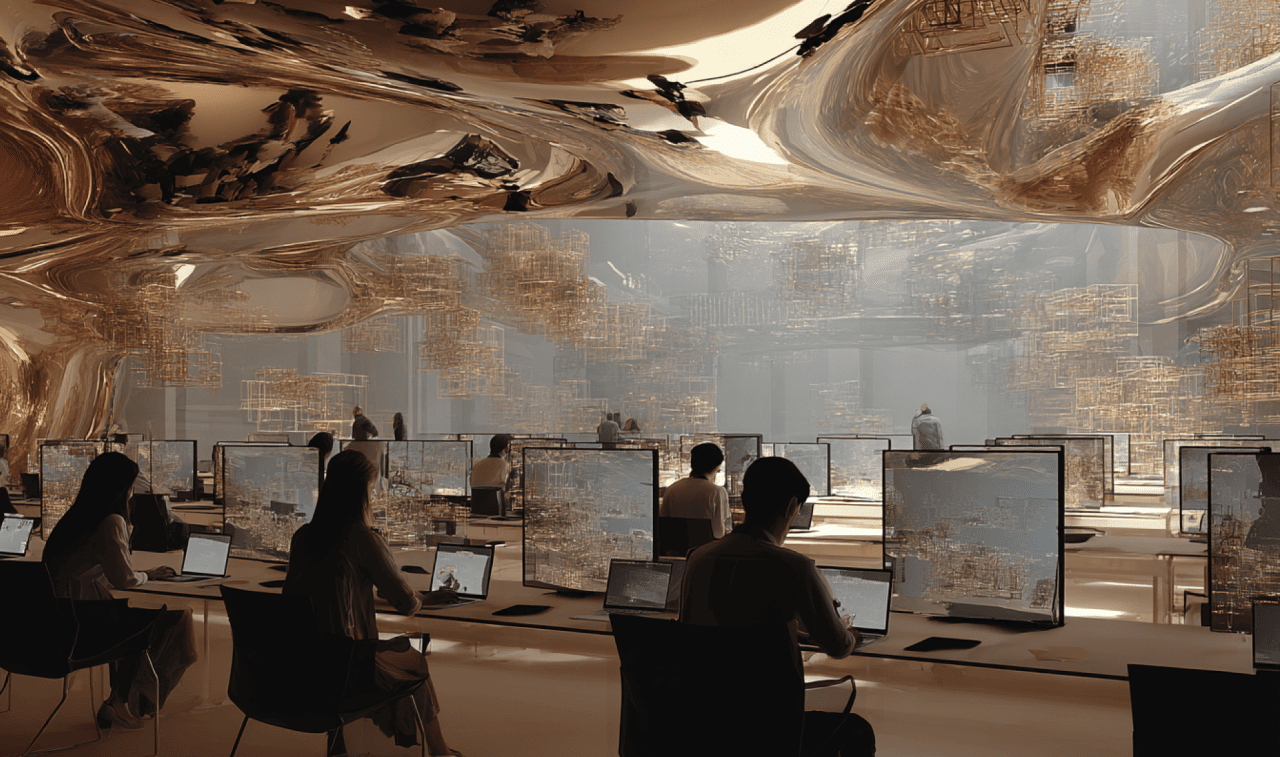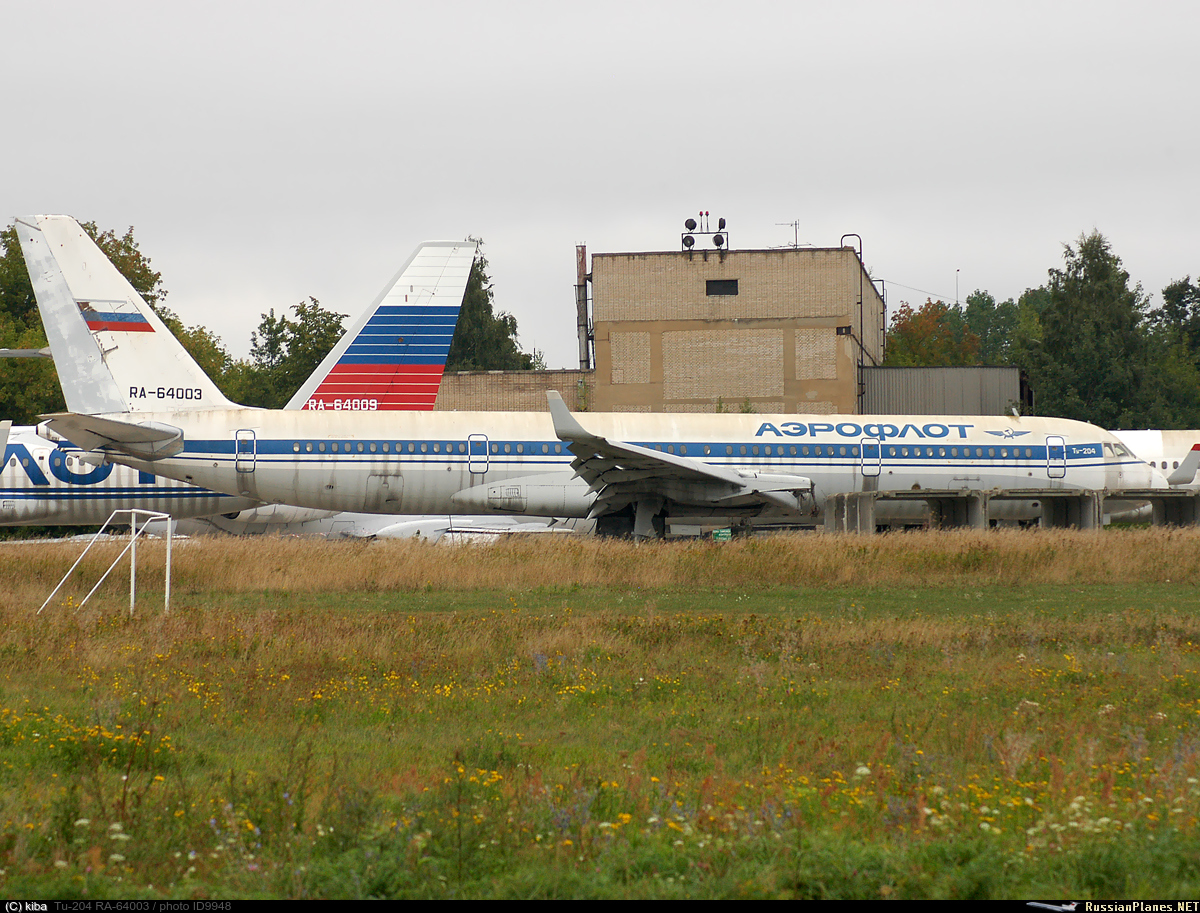By Taras Zagorodny, Managing Partner of the National Crisis Group
Recently, a post by Yulia Navalnaya caused outrage on social media, where she claimed that discussions about the decolonization of Russia are meaningless and that there’s no one to liberate. The surprise over Russian "liberals" is puzzling, as they are naturally inclined to maintain the imperial narrative and work towards preserving the integrity of the Russian Federation, as it benefits them.
This perspective aligns with the views of certain circles in the West, who have embraced Yulia Navalnaya as a potential future leader for Russia, meant to simulate "democratic changes" while sanctions are lifted and Russia gets a breather before the next move.
Does this suit us? No, it doesn’t. What should we do?
I believe Ukraine needs to proactively propose its own project to initiate the process of defragmenting Russia. This is necessary to destabilize it from within, especially since Ukraine has a convenient foothold in part of the Kursk region. Currently, Ukraine is not capitalizing on this territory, although it should be utilized.
We need to present our vision for the democratization of Russia and showcase this with the example of the Kursk region. We should modestly inform the West and the world that a democratic and peaceful Russia could emerge from a restructuring based on Ukraine’s model (or even more modestly, position ourselves as the principal bearer of democracy and freedom in Eurasia). That is, adopting Ukrainian standards, legislation, and so forth. We should engage with our Western partners, who talk grandly about their desire for democracy but have done little to act on it.
Russians don’t need to be given complex explanations about NATO and the EU but should be shown tangible results from the Ukrainian model.
Firstly, the Kursk region is currently the only place in Russia where Kadyrovites do not wreak havoc or abuse conscripts.
Secondly, locals are not demeaned; they are treated as equals. We often criticize our officials for corruption, but even a Ukrainian official who doesn’t demean people and steals half the budget represents a revolution for Russia. As do our norms.
There is no compulsion to study the Ukrainian language or Bandera’s biography, but such interest is welcomed.
Next, we demonstrate what the new Russia could look like and the appeal of the "Ukrainian model" to Russians. This approach might work because one reason for Russia’s attack on Ukraine was to eliminate any neighboring alternative that could set a bad example for the Russian people. Hence, they crushed Belarus and have always tried to suppress Ukraine.
The Kursk region, supported by Ukrainian troops, can show what Russia might become. On the external front, we could create an equivalent of the French Foreign Legion, with order maintained by Ukrainian officers and military personnel from other nations. This model should be presented as an example, urging decent Russians to act within this paradigm – if they are for democracy, they should pursue it in this direction, but it is only achievable with Ukrainian support or under the Ukrainian army’s satellites. This approach could facilitate the decolonization of Russia and provide a political framework that will create substantial prerequisites for it.
If successful, it will lead to chaos for a new model of Russia. If not, and if the Ukrainian army has to eventually withdraw from Kursk, there will still be positive memories, which will become myths about how well life was under Ukrainian occupation. Russians will share these experiences with relatives in other regions of the RF. Locals will recount their interactions with Ukrainian soldiers and so on. This will also work in our favor.
Ukraine can compel European countries and the West to work on the democratization of Russia.
However, the dispatcher of democratization will not be good Russians, but Ukraine. And they will work within the Ukrainian model. If some good Russians refuse, we will find others.
Funding for this project can be secured. I think it might interest the British. In any case, the democratization of Russia or its parts (with a potential civil war in other areas) is advantageous from a business perspective. Markets open, access to raw materials, and much more. We need to act cynically and decisively. We must seize the initiative to achieve the desired results.
As for funding these territories, it should be done at Russia’s expense. Remember how they tried to impose the LPR and DPR on us. Now, this scheme should work for Putin – let him pay for everything. If the situation progresses according to the defragmentation of Russia, self-financing will come into play. Especially since these territories have a good starting base.



















